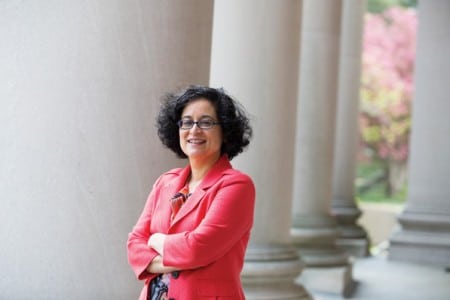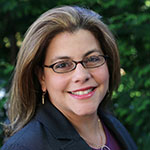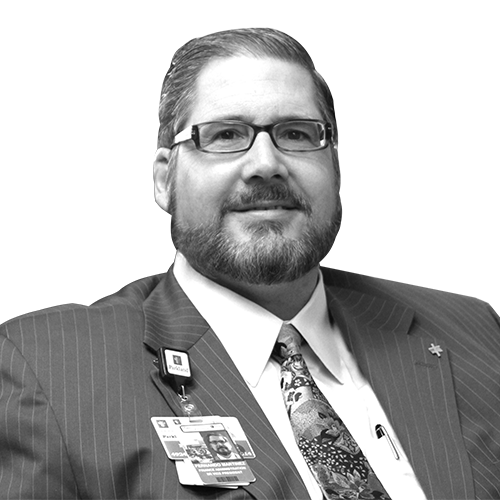The private high school education and Seven Sisters undergrad that preceded Diane Lopez’s law degree from Columbia University may seem to cut her from the same cloth as many of her peers. But the Harvard attorney’s background is a bit more complex. She was raised in the working-class Bronx borough of New York. Her mother, who worked at a doctor’s office, looked into how her daughter could go to the same elite, private school as the doctor’s children. Lopez received one of the few scholarships available for minority students and continued on a progressive track all the way through college.
After 20 years as an in-house counsel at Harvard University, Lopez has witnessed a change in the economic diversity of the student population, as well as an evolution of the university’s role in public life. While her job involves defending the University itself, her main focus is to ensure that the students have the best-quality education possible. The affirmative action law that opened doors for Lopez is now under fire and the gap between the haves and have-nots is widening.

“As a beneficiary of past affirmative action efforts, and with my understanding of how a good education can change a life,” says Lopez, “it disheartens me to think that affirmative action could end. Everyone can agree that education is a precious gift. It’s unfortunate that the competition for a place at college has become a battleground.”
As the cost of a college education continues to rise, so does interest in the university’s operations. “When families are ransoming their financial security with loans to send their children to school,” Lopez says, “what happens at college is of much concern.”
To make sure all qualified students have access to education, Harvard has implemented a scholarship program for economically disadvantaged students, offering full-ride scholarships to qualified students whose families earn less than $60,000 a year. “When I started here 20 years ago, the student body looked the same way it had for years (the vast majority were privileged kids from prep schools)” Lopez says. “Now, the student body is notably ethnically and socially diverse.”
However, many prospective students don’t have the first clue how to apply for college and are even less informed about how to find a scholarship. “There’s a lack of knowledge in the Hispanic community,” Lopez says from experience. “The vast majority of students are without the means (many attend public schools with one guidance counselor per approximately 1,000 students). The real problem is a lack of information on the steps to take to position themselves to receive a scholarship or even apply to college.”
Lopez is gratified and constantly impressed with how much energy and hope students put into their education at Harvard. While her day-to-day legal battles keep her busy, she is reminded of her ultimate accomplishment every spring. “Our commencement ceremony is an annual highlight. I tell my colleagues that commencement is the day of our ‘product launch,’ which is what it’s all about for those of us who have the privilege to work in higher education.”
The Crimson’s Court Battles
Many of the cases Lopez works on are debated in the media, which means she takes an active part in determining some of America’s most publicized litigation, practicing under intense scrutiny. “You need to think about how people might react, because they will react,” she says. During her tenure, her team has handled hotly debated issues such as the ethics of stem cell research, a major bomb hoax, student sex scandals, admission fraud, and scientific misconduct concerning falsifying data.
2000
Harvard sues NotHarvard.com
to defend its trademark.
2001
Federal funding is banned from embryonic stem cell research,
including the Harvard Stem Cell Institute.
2009
Johnny Edwards’s family sues Harvard over his suicide, alleging a misdiagnosis of ADHD.
2010
Harvard professor Mark Hauser is convicted of falsifying data and scientific misconduct.
2013
Harvard study data linking air pollution with disease and death comes under fire
from House Republicans.
A Harvard student is charged
after a bomb hoax.
A former student sues Harvard and his faculty mentor over alleged fraud concerning royalty payments from antibiotic research.

